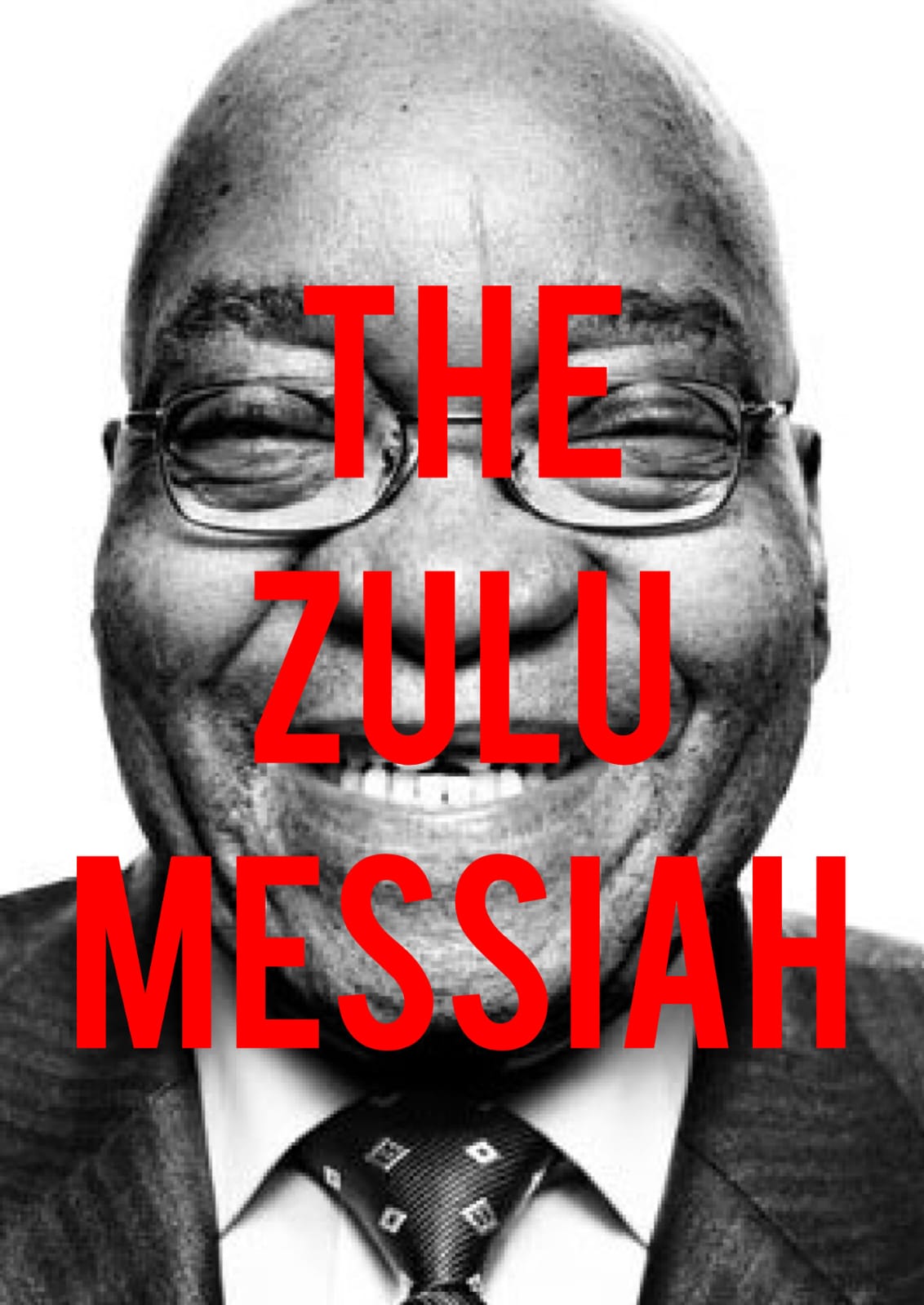
Counterfeit Christ?
There is a striking parallel between the story of Jacob Zuma and the life of Christ. Zuma portrays himself, and is often portrayed by others, as a sacrificial lamb who is crucified for the liberation of black people, like Christ’s sacrifice for humanity’s sins. While Christ’s sacrifice is a good and perfect act of love, Zuma’s sacrifice is framed as the consequence of political and media crucifixion.
Zuma’s narrative as a martyr is bolstered by his depiction of the struggles of black South Africans. He is often casted as a victim of "white monopoly capitalism," suggesting that his downfall was orchestrated by powerful economic interests. This narrative positions Zuma not just as a political figure but as a symbol of resistance against historical and ongoing oppression. This has led to the often-foolish generalization that the 'whites' are continuing to oppress the 'blacks.' This sentiment is not rooted in critical thought but is a victimhood shield that continues to be used by our people to hide our own iniquities and covertly vilifies capitalism. The wolf in lambs clothing?
The Democrat
Zuma is the last of a dying breed who fought for democracy in South Africa. His democratic ideals are rooted in the concept of majority rule, aligning with his belief that the government should reflect the will of the masses. After his tenure, Zuma expressed concern that those in power were not attuned to the cries of the populace, a sentiment that enhances his image as a populist leader. When you understand this, you can properly understand why he calls for parliamentary sovereignty, because in his eyes, nothing should constrain the will of the people.
At first glance, this seems right and appropriate, but upon further examination, one might see that being ruled by consensus alone has its pitfalls. Our culture provides a clear example of this. The same South African public that does not shun abortions should be a strong indicator that the whims of the people should not be supreme.
Conclusion
People have a tendency of “wanting something to pursue.” The public, the poor, and the masculine Zulu are keen on finding their place in South Africa. Jacob Zuma could be replaced by another figure tomorrow; the South African zeitgeist has simply chosen him as the messiah for the "oppression" they feel they face. This dynamic reflects a broader human inclination to seek out leaders who symbolize their struggles and aspirations. Zuma’s appeal, therefore, lies not just in his political manoeuvres or his charismatic persona, but in his embodiment of a narrative of resistance and redemption. While his legacy is contentious and complex, it underscores the powerful role of symbolic leadership in shaping the course of a nation’s history. Whether viewed as a hero or a villain, Zuma's impact on South African politics and society is undeniable, reminding us that the search for a messiah is as much about the people as it is about the leader.